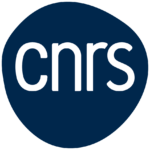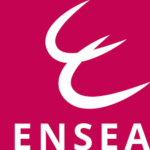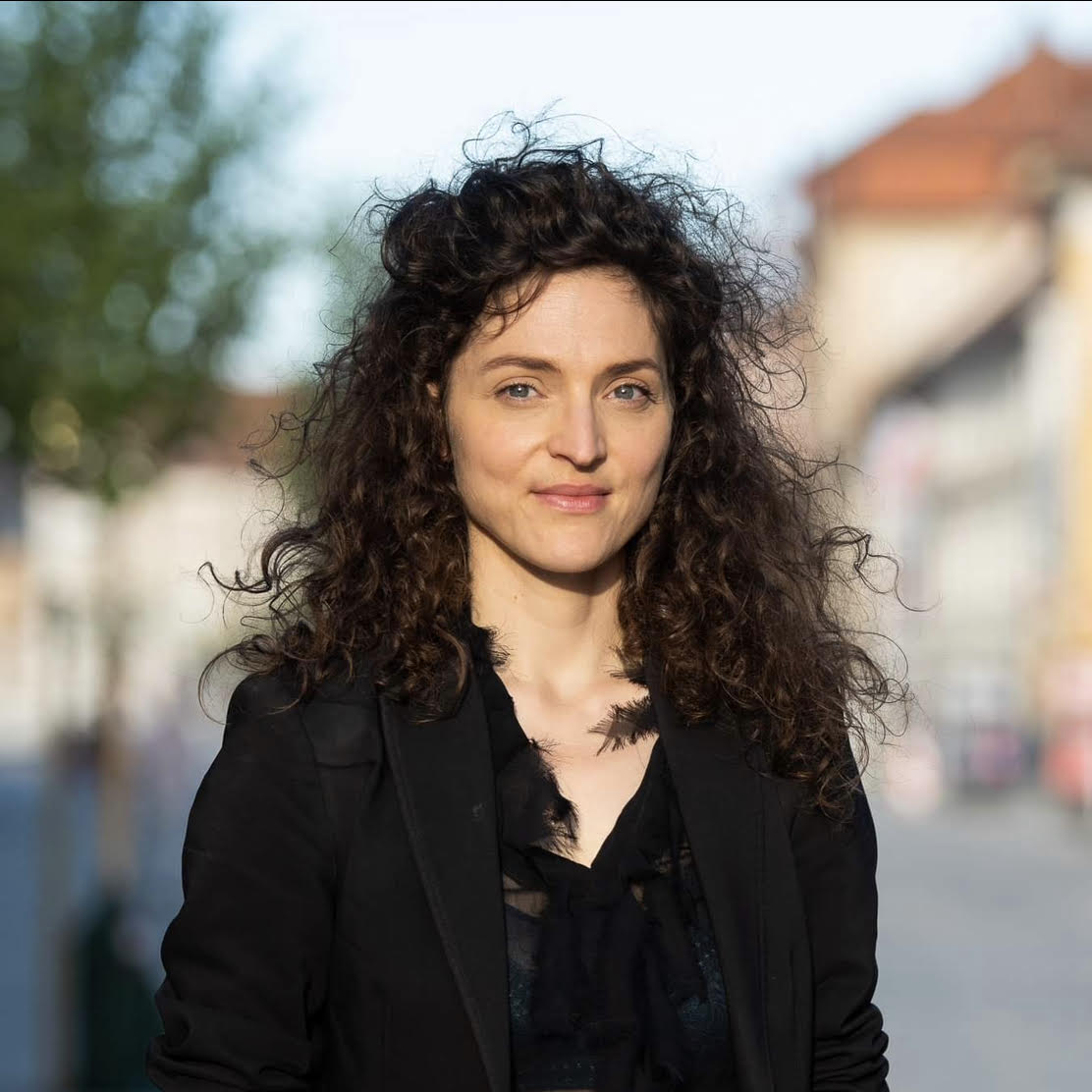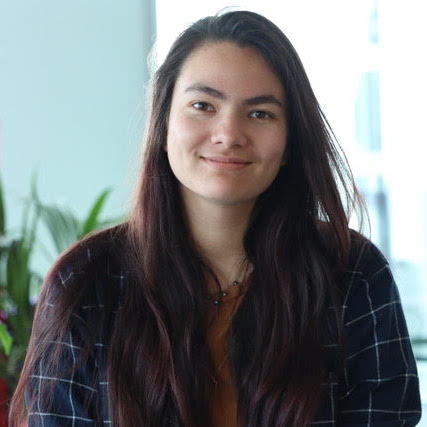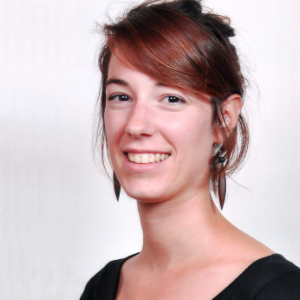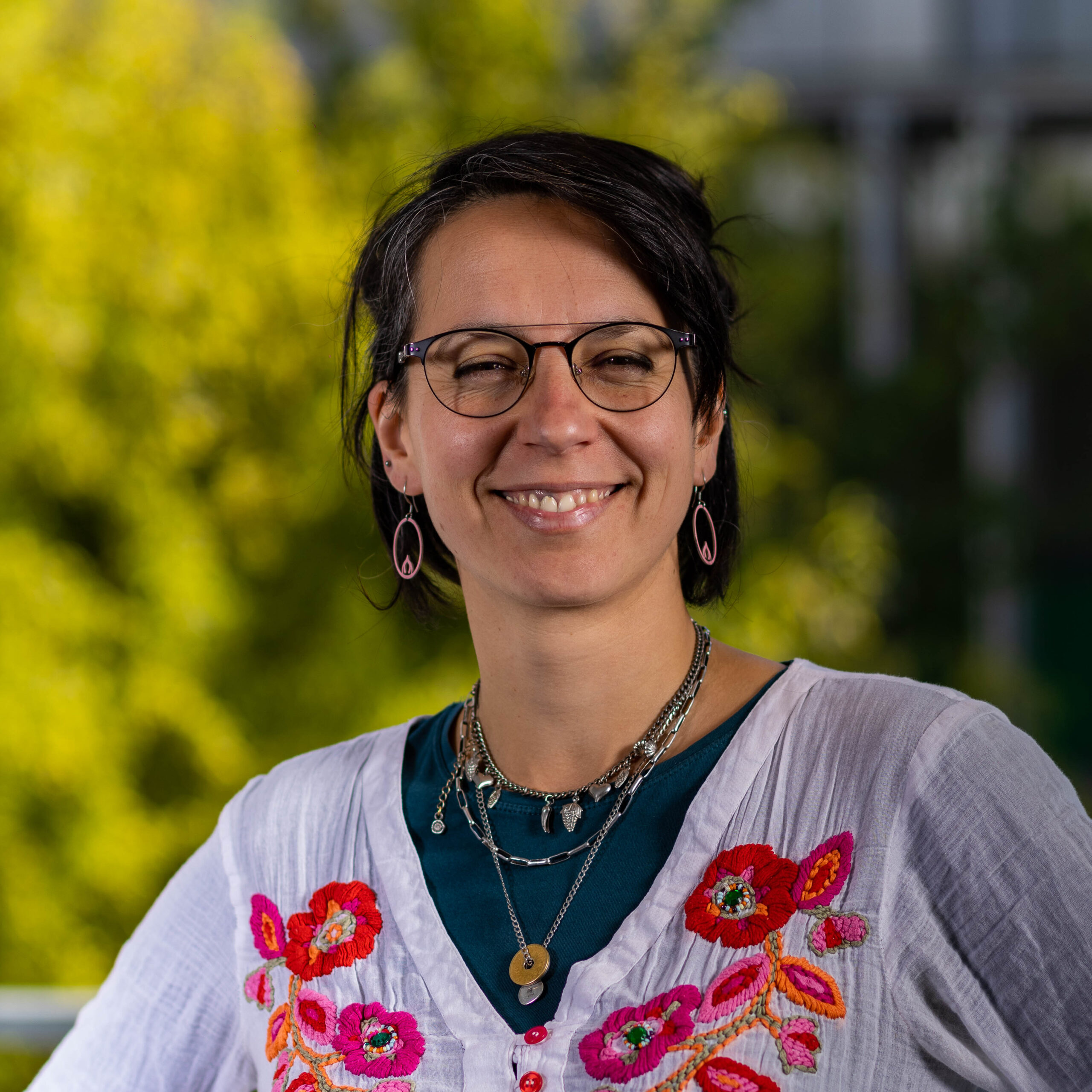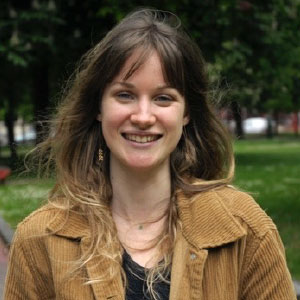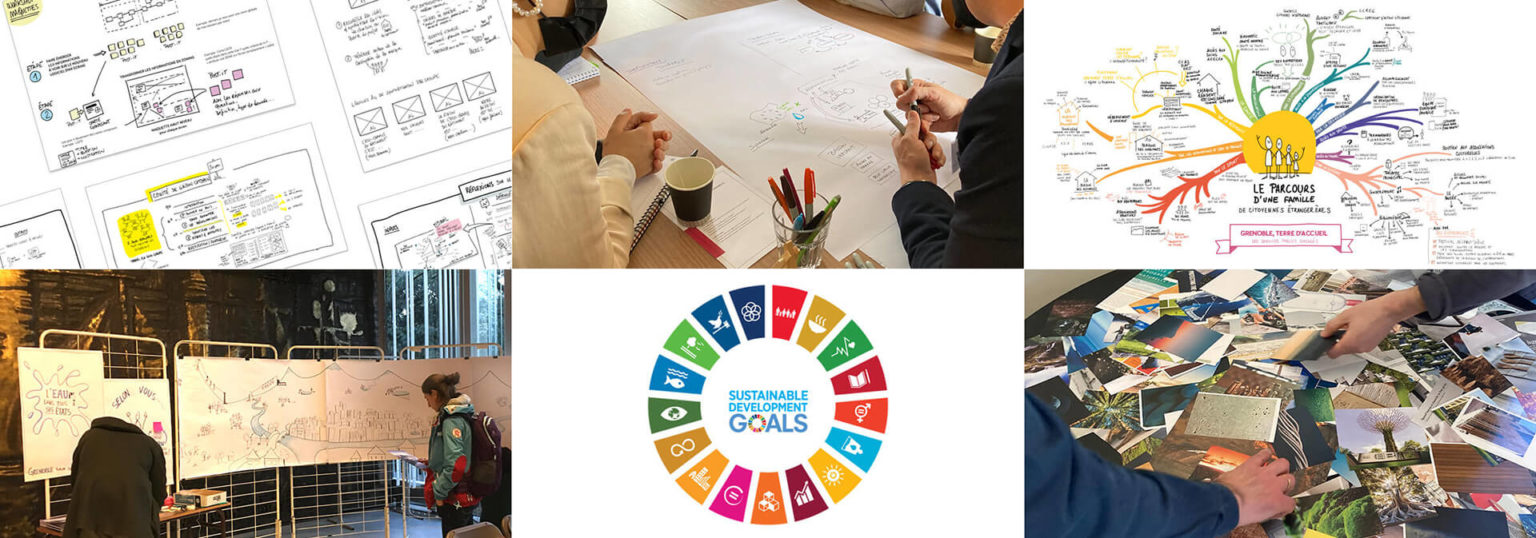
Design-STS Research Group
Design-STS Team
To achieve sustainable development goals, actors are reinventing themselves, transforming their ways of working, changing their products, setting up original partnerships and organizing unprecedented concertation and collaborations. New materials are being designed, manufacturing methods are being rethought, and local and global public policies are being imagined and put into practice.
The objective of the design-STS research group is to better understand these new design environments, practices, and dynamics related to sustainability. We look at new design materials: from living to AI. We study how new design methodologies can scale up local ecological initiatives to global national and international policies. We study how design methodologies can be more inclusive. We analyze the communicational and informational infrastructures that assist environmental and industrial transitions. We consider how visualization, representation, translation, mediation and consultation can support the emergence of new sustainable eco-systems and address issues of sciences to society. We also develop scenarios, proofs, of concept, mockups, simulations, of solutions that can address the increasing complexity of design issues. More generally, the Design-STS Research Group contributes to a reflection on the epistemology of design and its specific interdisciplinarity.
Artistic Research in Science & Technology Studies
The Design-STS Research Group group also fosters a research axis devoted to emerging practices in Science and Technology Studies (STS), with an emphasis on practice-based research, Art & Science as a research tool for critical thinking (particularly in-situ performance), and a focus on research objects investigated by the other ETIS teams.
STS Journal Club @ CY Alliance
The group hosts the STS Journal Club @ CY Alliance that is aimed at discussing STS and artistic-research related topics on a monthly basis. It is open to any member (including PhD Candidates and students) of CY Alliance.
The program of the club is available here.
Symposium RE:24 on 17 October 2024 at ENSEA
On 17 October we are organising a symposium on reconfigured epistemology in STS. Read more here.
Group
PhD Candidate
PhD Candidate
CPJ, CY Ecole de Design
PhD Candidate
Post-doctorante
MCF, ENSEA
PhD Candidate
PhD Candidate
PU, CY Ecole de design
EC, CY Tech
MCF, ENSEA
Research areas
Axis 1
Agroecological transition, infrastructuring, and sciences to society
We want :
- to evaluate the extent to which we can rely on co-design to support the building of living infrastructures,
- to build the theoretical and methodological framework that enables digital agroecological farming and that contributes to define the new terms of engagement and responsibility,
- to organize feed-back loops between theory and practices that can change the way stakeholders look at agro-digital innovation.
- to accompany the change of reasoning about agricultural production and food consumption.
- to support scientists, farmers, distributors, and consumers, with responsible digital services.
Axis 2
Emerging eco-systems
Axis 3
Design for territories
This research proposes to examine a new form of design that claims to be the design of territories. We want to identify the tools, methods and limits of these design practices and the way the actors use it and claim it. We assume that behind this unifying name there is a diversity of practices and justifications of public action. Comparing different structures should allow us to identify specificities and contribute to a typology of designs of territories.
Axis 4
Design and inclusion
This axis is devoted to addressing the many levels of inclusion: from technical, practical solutions to organization and urban development up to the design of inclusive public policies. The goal is to test how design can go beyond innovation at the object level and how codesign methods can address the different levels of inclusion.
This participatory research looks at the methodology of inclusive codesign and its impacts on the empowerment, enhancement of the social roles and inclusion of people with disabilities. In the light of visual impairment, new challenges arise for participation and codesign:
- Challenges for a more effective and “complete” participation.
- Challenges related to accessibility and the inclusive dimension of codesign.
- Sensory issues: toward a design of experience beyond and not centered on the visual, to develop an ethnography and a design of sensory experience.
Axis 5
Emerging practices in Science and Technology Studies
This axis adresses the challenging aspects and endeavours linked to the development and consequences of information processing devices and systems, with an emphasis on research objects investigated by the four ETIS teams. Drawing from the interdisciplinary perspective of Science and Technology Studies, we develop new methodologies and tools that aims at building a critical approach to research in technology. This research specifically emphasises on the complexity of the surrounding ecosystem envisioned at various scales and in various contexts (technical, environmental, cultural, social and political).
- Ethical considerations (critical thinking, new governmentalities, ...)
- Methological considerations (Research-Creation, "Art and Science" as a research tool)
- AI and Creativity
